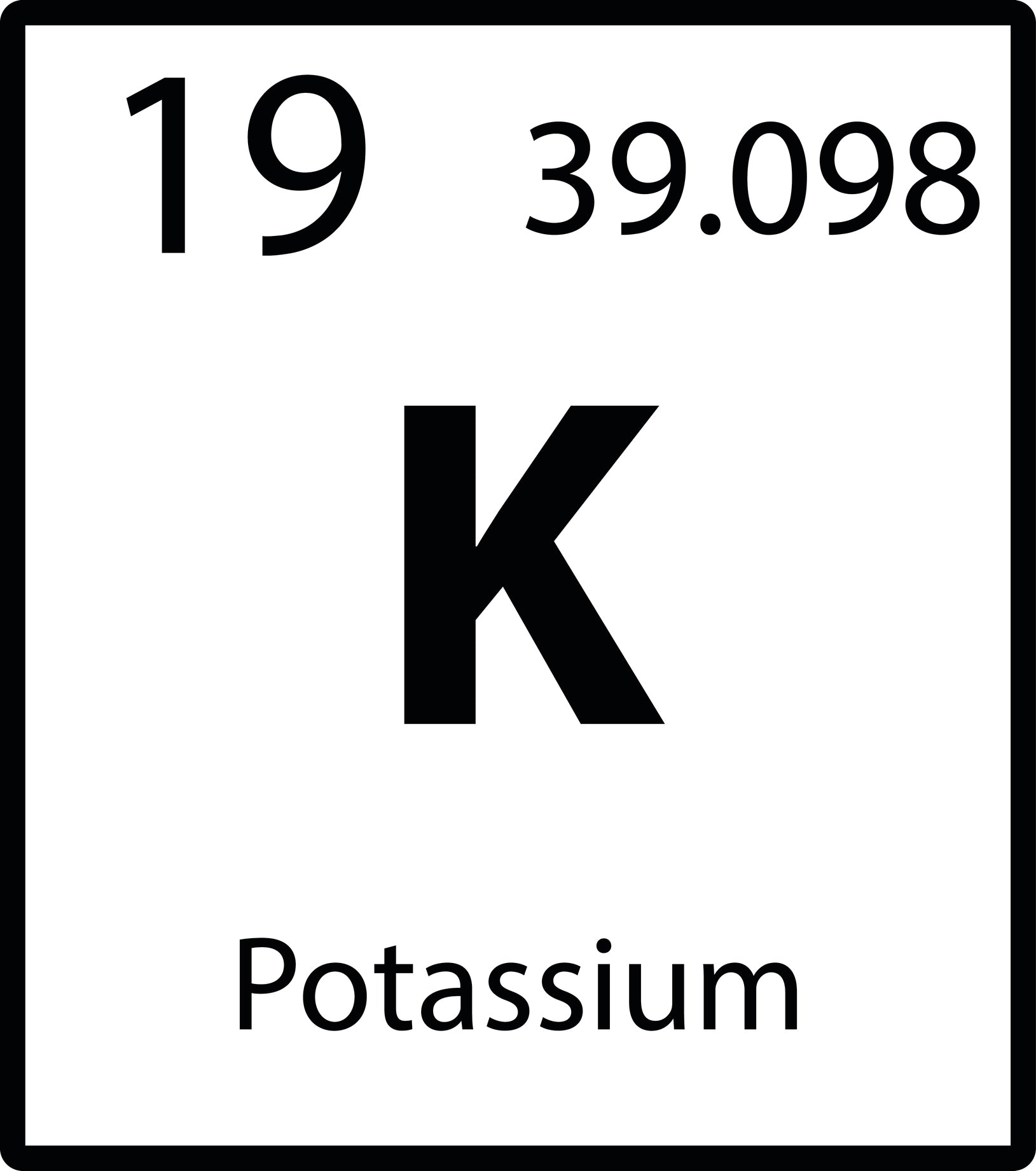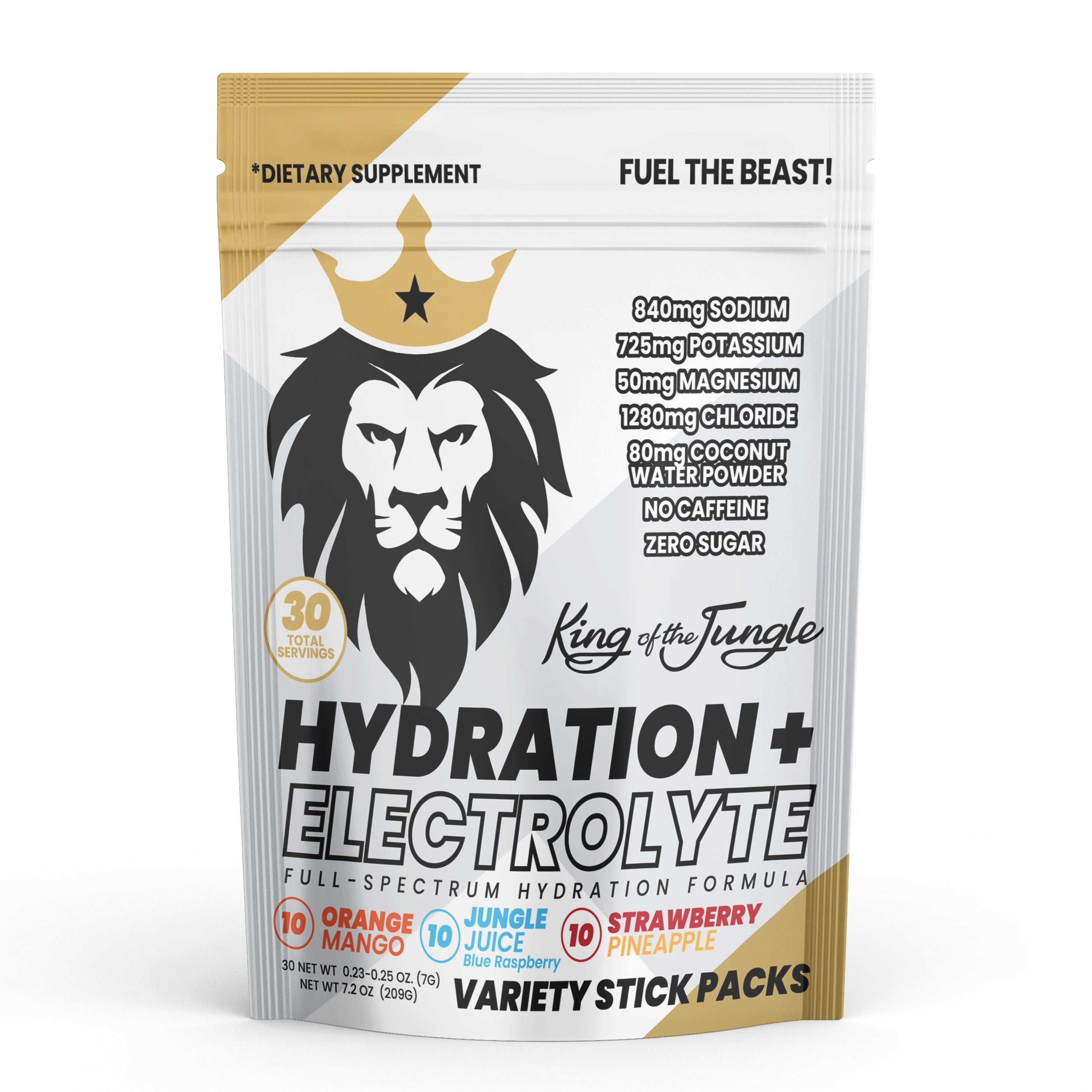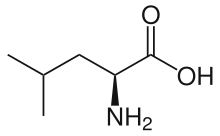The Truth About Caffeine and Taurine for Energy

The Truth About Caffeine and Taurine for Energy
In the year 2021, the global sales of energy drinks surged past the $50+ billion mark. These beverages, widely consumed for their presumed energy-boosting and performance-enhancing effects, typically contain caffeine, taurine, and high fructose corn syrup. However, a study originating from Colombia challenged the assumed benefits of these drinks. The investigation, published in the Journal of the International Society of Sports Nutrition in 2014, examined identical-tasting beverages featuring caffeine (80 milligrams), taurine (1,000 milligrams), a combination of both, and a popular commercial energy drink (Red Bull). Surprisingly, none of these variants exhibited any notable impact on cardiorespiratory fitness, endurance, strength, power, or cognitive abilities. Intriguingly, the study discovered that the combination of caffeine and taurine actually antagonized each other's effects, indicating that for optimal performance, taurine should be excluded from energy or pre-workout drinks.
Energy drinks have become a staple among athletes, with approximately 73 percent of collegiate athletes in the United States consuming them. This popularity is largely attributed to their potential to enhance energy levels and exercise performance. Caffeine and taurine, the key ingredients in these drinks, have individually been recognized for their ability to strengthen muscle contractions.
Caffeine, often used as a performance enhancer, stimulates the central nervous system, improving alertness and focus. Furthermore, caffeine increases the cellular concentration of cyclic AMP (cAMP), a molecule that triggers the breakdown of fat and glycogen, providing muscles with energy during exercise. This increase in cAMP also heightens muscular contraction force by elevating calcium levels within muscle cells. The interaction between muscle proteins actin and myosin, necessary for muscle contraction, is facilitated by calcium. Consequently, greater calcium levels result in stronger muscle contractions. Similarly, taurine, a non-protein amino acid, is known for its role in various physiological processes, such as osmoregulation, mitochondrial function, and energy metabolism. Like caffeine, taurine also modulates intracellular calcium in muscles, enhancing muscle contractile force.
Surprisingly, the combination of caffeine and taurine does not produce the anticipated improvement in exercise performance. Although multiple studies have shown that caffeine and taurine intake individually enhances reaction time, alertness, upper body power, and aerobic and anaerobic performance, some have failed to exhibit significant improvements in sprinting ability, time to exhaustion, or peak power. These mixed findings might be attributed to the fact that many previous studies used popular energy drinks, which contain a cocktail of ingredients beyond caffeine and taurine. To address this limitation, a recent study investigated the effects of caffeine and taurine co-ingestion at doses equivalent to commercial energy drinks. This study found that such combinations did not enhance power output during repeated-sprint cycling performances. Instead, this pairing led to greater muscle fatigue, elevated heart rates, and increased glycolytic metabolic byproducts, indicating a potential decline in physical performance.
Moreover, the consumption of energy drinks, particularly those containing excessive amounts of caffeine and taurine, can pose serious health risks. Overconsumption has been linked to irregular heartbeats (cardiac arrhythmia), gastrointestinal disturbances, and insomnia. Even cases of sudden cardiac death have been associated with excessive energy drink consumption. While moderate caffeine consumption has not been linked to heart function alteration, the combination of large amounts of taurine and caffeine, common in energy drinks, can trigger irregular heartbeats. Research has shown that both caffeine and taurine, when directly exposed to the heart, increase the risk of ventricular arrhythmia (abnormal heartbeat originating in the ventricles). Interestingly, the antiarrhythmic influence of taurine is rendered ineffective when consumed in the high quantities typically found in energy drinks.
In conclusion, the global fascination with energy drinks and their alleged performance-enhancing effects is met with mixed scientific evidence. While caffeine and taurine independently hold promise in enhancing muscle contractions and exercise performance, their combined consumption in energy drinks doesn't yield the anticipated benefits. Moreover, the consumption of energy drinks, particularly those laden with high levels of taurine and caffeine, can result in dangerous health outcomes. The research suggests that caution should be exercised when consuming these beverages, as they might not only fail to improve performance but also carry potential risks to health, particularly heart health
REFERENCES:
Wiles JD, Coleman D, Tegerdine M and Swaine IL. (2006). The effects of caffeine ingestion on performance time, speed and power during a laboratory-based 1 km cycling time-trial. J Sports Sci 24, 1165-1171.
Waldron M, Patterson SD, Tallent J and Jeffries O. (2018). The Effects of an Oral Taurine Dose and Supplementation Period on Endurance Exercise Performance in Humans: A Meta-Analysis. Sports Med 48, 1247-1253.
Ellermann C, Hakenes T, Wolfes J, Wegner FK, Willy K, Leitz P, Rath B, Eckardt L and Frommeyer G. (2022). Cardiovascular risk of energy drinks: Caffeine and taurine facilitate ventricular arrhythmias in a sensitive whole-heart model. J Cardiovasc Electrophysiol 33, 1290-1297.



